





Oscommerce to Yampi
Migrating your store from Oscommerce to Yampi might seem daunting, but with proper planning and the right tools, it's a smooth process. Follow this step-by-step guide to ensure a successful transition.
Schedule a call
Step-by-Step Migration Guide: osCommerce to Yampi migration guide
Step 1: Analyze Current osCommerce Store Data
In this step, we will assess the current data structure and content within your osCommerce store to prepare for a seamless migration to Yampi.
Step 2: Backup osCommerce Store Data
Creating a backup is essential to prevent data loss during the migration process. This step will guide you through the backup process of your osCommerce store.
Step 3: Set Up Your Yampi Account
In this step, we'll create and configure your Yampi account to ensure it is properly set up for the incoming data from osCommerce.
Step 4: Prepare Product Data for Import
In this step, we will format and prepare your product data from osCommerce for a smooth import into Yampi.
Step 5: Migrate Customer Data
This step focuses on transferring your customer data from osCommerce to Yampi, ensuring all customer information is accurately imported.
Step 6: Migrate Order History
In this step, we will ensure that your historical order data is accurately transferred to Yampi, allowing for seamless customer service.
Step 7: Import Data into Yampi
In this step, we will execute the import of all previously prepared data into your Yampi store, ensuring everything is set up correctly.
Power Your Step - Get in Touch
Ready to make your migration seamless? Contact PowerCommerce today for expert support and guidance.
Step 1: Analyze Current osCommerce Store Data
Before initiating the migration from osCommerce to Yampi, it is crucial to thoroughly analyze your current store's data. This step is vital to ensure that all necessary information is correctly transferred to the new platform without any loss of data integrity.
We begin by performing a comprehensive audit of your existing osCommerce database. This involves identifying all key data points that need to be migrated, including:
- Product Data: This includes product names, descriptions, prices, SKU numbers, images, and categories.
- Customer Information: Gather all customer data, such as names, addresses, email addresses, and purchase history.
- Order History: Document past orders, including order dates, item details, payment methods, and shipping status.
- Content Pages: Identify any additional pages such as About Us, FAQs, and policies that need to be recreated in Yampi.
To facilitate this process, we suggest using tools like phpMyAdmin to export your database tables into CSV files, which can be easily imported into Yampi later. Analyzing this data will help us understand the structure and assist in creating a mapping plan for the migration.
In this phase, we also recommend creating a data flow diagram that visually represents how different data sets relate to one another, ensuring that we maintain the connections between customers, orders, and products during the migration.
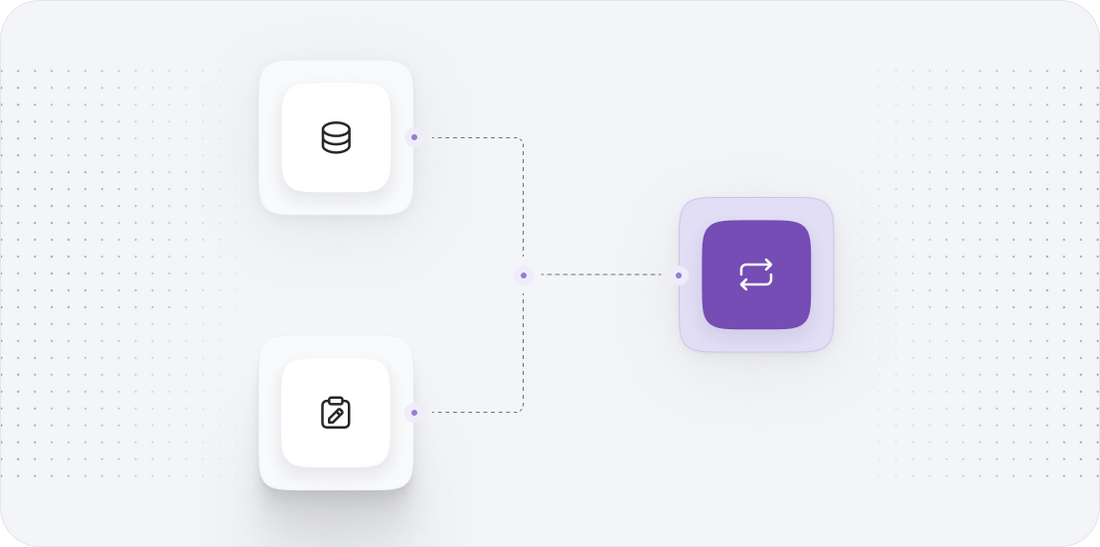
Step 2: Backup osCommerce Store Data
Backing up your osCommerce store is an indispensable step in the migration process. This ensures that in the event of any issues during the migration, you can restore your original data without loss.
To create a secure backup of your osCommerce store, follow these steps:
- Database Backup: Use phpMyAdmin to export your entire database. Select your database, click on the 'Export' tab, choose 'Quick' export method, and select 'SQL' as the format. Save this file securely.
- File Backup: Using an FTP client (such as FileZilla), connect to your hosting server and download all files from your osCommerce directory. This includes the main application files, themes, and any custom scripts.
- Store Configuration: Don’t forget to backup your configuration files, such as
configure.php, which contains crucial database connection settings.
Once the backup is complete, store the files in a secure location, such as cloud storage or an external hard drive. This precaution protects your data and gives you peace of mind throughout the migration process.
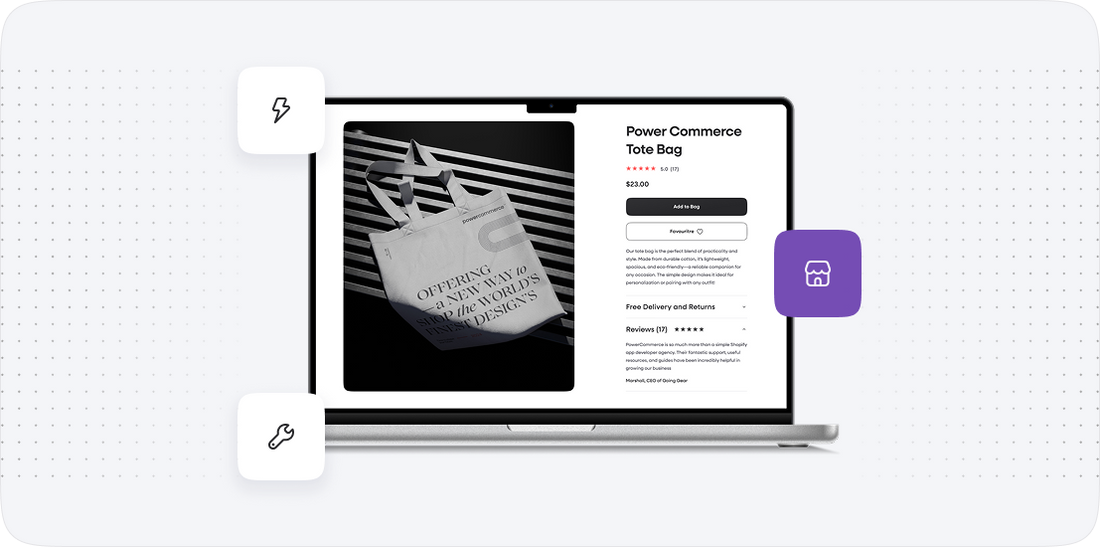
Step 3: Set Up Your Yampi Account
Setting up your Yampi account is a straightforward process that prepares the platform for your migrated data. Here's how we can do this effectively:
- Create an Account: Visit the Yampi website and sign up for a new account. Choose a plan that suits your business needs; Yampi provides various options to accommodate different sizes and requirements.
- Configure Basic Settings: After creating your account, access the admin dashboard. Here, configure essential settings such as:
- Store name and logo
- Currency and language preferences
- Payment gateways and shipping methods
- Install Required Apps: Explore the Yampi app marketplace and install any necessary apps that you plan to use, such as marketing tools, analytics, or payment processors.
By completing these initial steps, your Yampi account will be ready to receive data from your osCommerce store, ensuring a seamless transition.
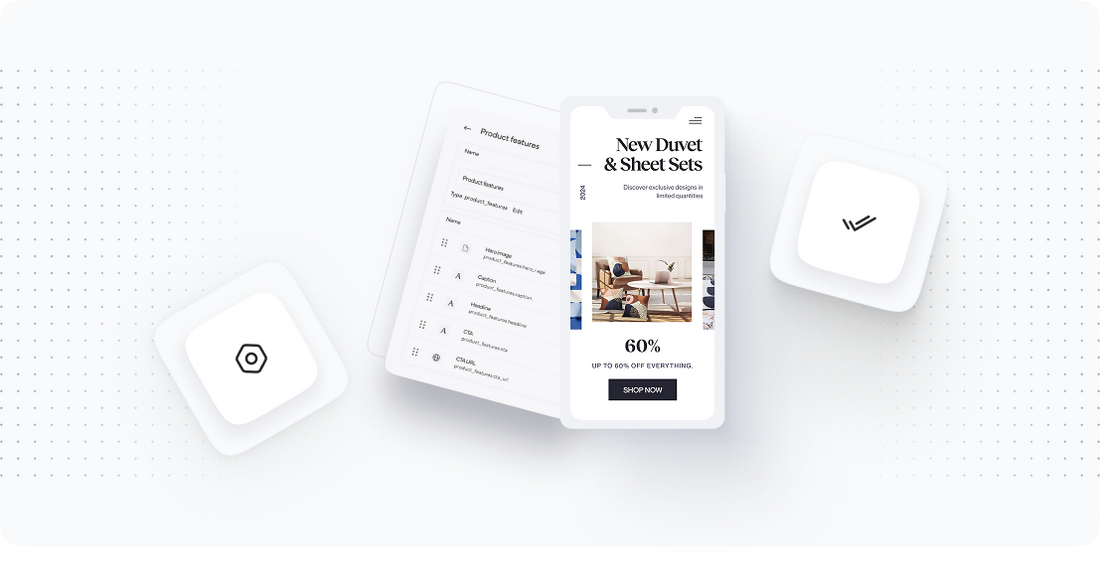
Step 4: Prepare Product Data for Import
With your Yampi account set up, the next step is to prepare your product data for import. Yampi requires a specific format for product listings, so ensuring your data is structured correctly is critical.
Here’s how to prepare your product data:
- Export Product Data: As mentioned earlier, use phpMyAdmin to export your product data from the osCommerce database. Focus on the
productstable and any related tables that contain attributes, images, and categories. - Format the Data: Open the exported CSV file and format it according to Yampi’s import guidelines. Key fields typically include:
- Product ID
- Product Name
- Description
- Price
- SKU
- Category
- Image URLs
- Use a Template: Yampi often provides a sample CSV template for product uploads. Use this template as a reference to ensure your data matches the required format.
It may be beneficial to validate the CSV file’s integrity by checking for issues such as missing data, incorrect formatting, and ensuring that all necessary information is included. This validation can help prevent errors during the import process.
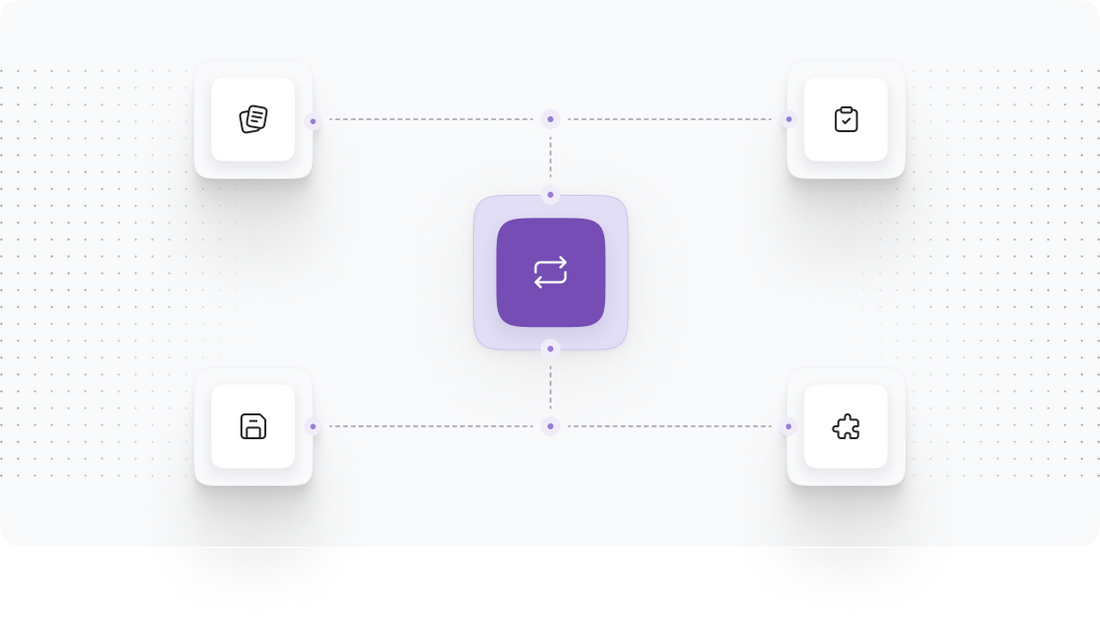
Step 5: Migrate Customer Data
Transferring customer data is a critical component of the migration process, as it ensures that your customers' information remains intact and accessible after the switch to Yampi.
Follow these steps to migrate customer data:
- Export Customer Data: Similar to product data, utilize phpMyAdmin to export your customer-related tables from the osCommerce database. Typically, this will include the
customersandcustomer_addressestables. - Format Customer Data: Open the exported CSV file and format it according to Yampi’s guidelines. Essential fields generally include:
- Customer ID
- First Name
- Last Name
- Email Address
- Phone Number
- Shipping and Billing Addresses
- Data Validation: Check the CSV file for completeness and accuracy. Ensure there are no duplicate entries and that all necessary fields are filled correctly.
Once validated, your customer data will be ready for import into Yampi, which will help maintain continuity and enhance the customer experience post-migration.
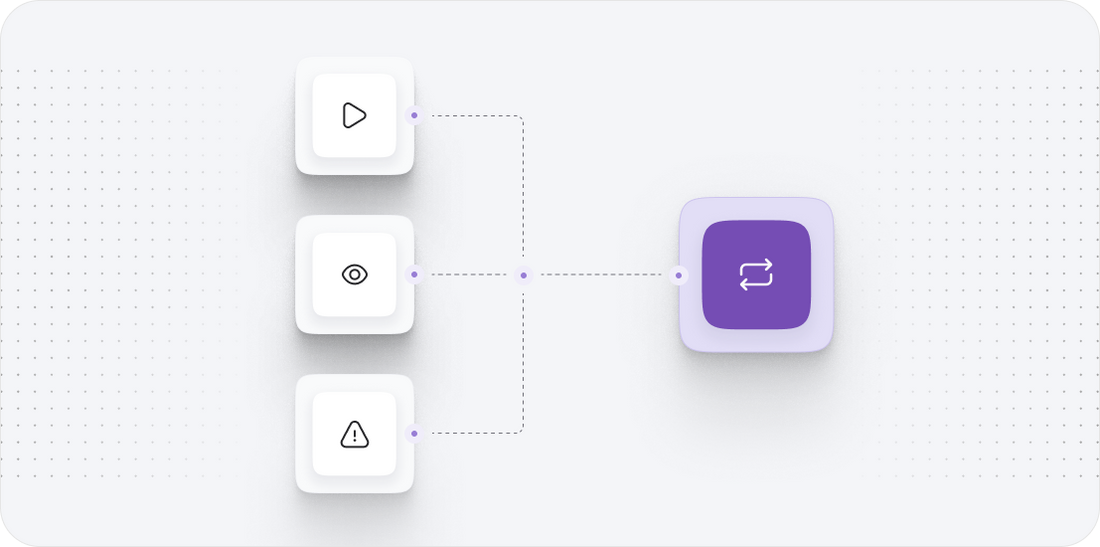
Step 6: Migrate Order History
Migrating historical order data is crucial for maintaining a complete customer purchase history and ensuring that you can provide consistent customer service. Here’s how to handle this migration:
- Export Order Data: From phpMyAdmin, export the order-related tables from your osCommerce database. This typically includes the
orders,order_products, andorder_statustables. - Format Order Data: Open the exported files and format them according to Yampi’s requirements. Key fields to include are:
- Order ID
- Customer ID
- Product IDs
- Order Date
- Order Status
- Payment Method
- Validate Data: Ensure that the data is accurate and complete, checking for any discrepancies or missing information that could cause issues during the import process.
By accurately migrating your order history, you preserve important customer relationships and ensure a smooth transition to Yampi.
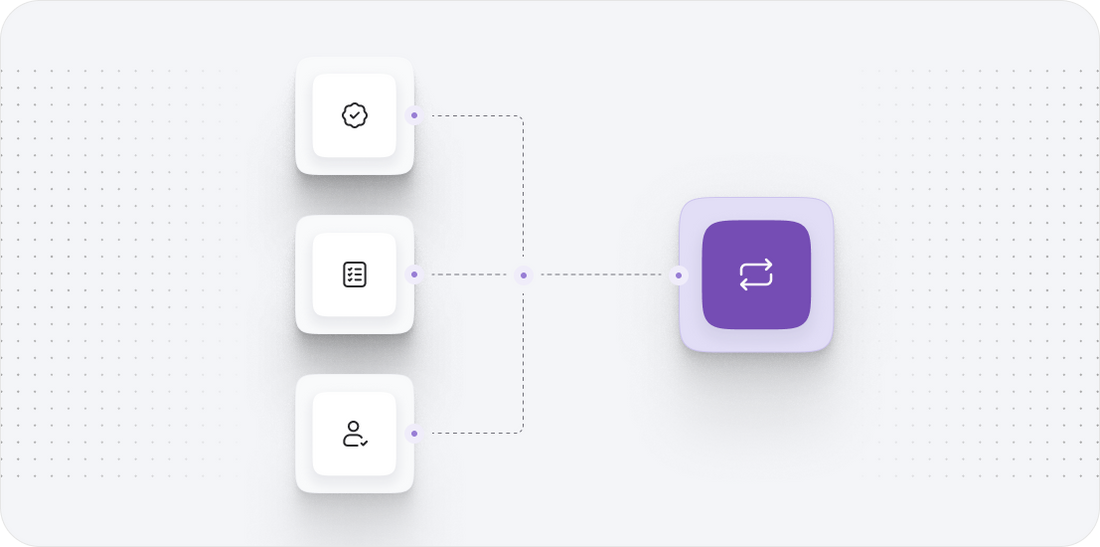
Step 7: Import Data into Yampi
With all data prepared, the final migration phase involves importing your product, customer, and order data into Yampi. This step is critical to ensure that your new store is fully functional and ready for business.
Follow these steps to perform the import:
- Access the Import Tool: In your Yampi admin dashboard, navigate to the import tool, which is usually found under the 'Products' or 'Data Management' sections.
- Upload CSV Files: Begin with your product data. Upload the CSV file formatted according to Yampi’s specifications. Follow the prompts to map fields correctly.
- Import Customer and Order Data: Repeat the upload process for customer and order data CSV files. Ensure that you validate the mapping again during these uploads.
- Review and Confirm: Once the upload is complete, review the imported data for accuracy. Yampi typically provides a summary of the import status, highlighting any errors that need addressing.
With the data successfully imported, your Yampi store will be equipped with all the necessary information to serve your customers effectively, ensuring a seamless transition from osCommerce.
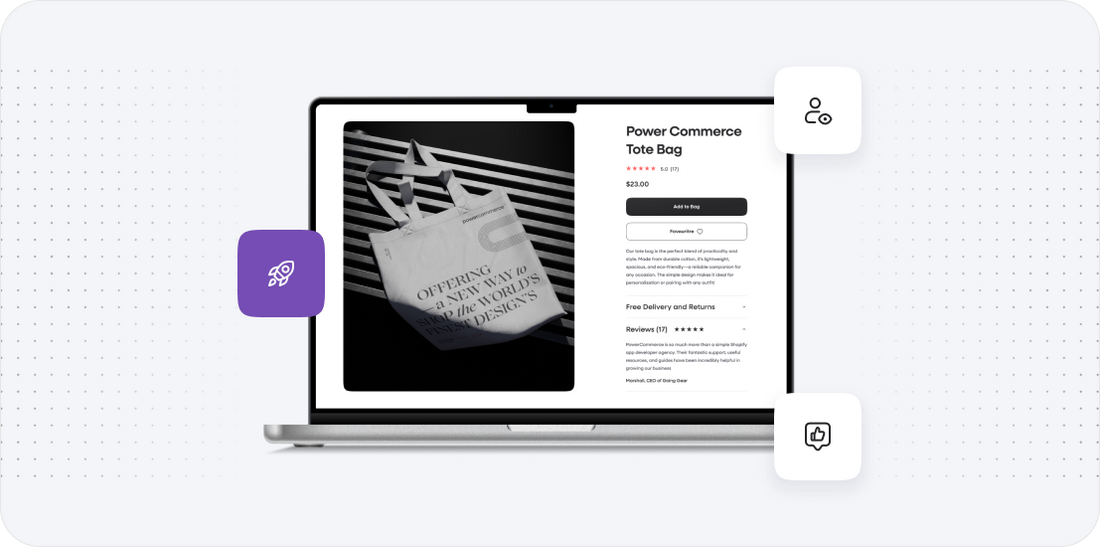
Power Your Step - Get in Touch
At PowerCommerce, we understand that migrating your ecommerce platform can be a daunting task. That’s why we are here to help you every step of the way. Our team of experts is dedicated to ensuring your transition from osCommerce to Yampi is smooth, efficient, and tailored to your specific needs.
Don’t hesitate to reach out! Here’s how you can get in touch with us:
- Visit our contact form to submit your inquiry.
- Call us directly at 800-099-9090.
- Email us at info@powercommerce.com for any questions or support requests.
Our commitment to innovation, customer satisfaction, and integrity ensures that you will receive the best possible assistance. Let’s work together to power your ecommerce success!
Stay aligned on what's happening in the commerce world
Trusted by 1000+ innovative companies worldwide
Schedule Your Migration Today
For businesses prioritizing simplicity, scalability, and robust support, Shopify is the clear winner.
Looking to migrate without hassle? Power Commerce can handle the entire process, ensuring smooth data transfer, store setup, and post-launch success.
Marka Marulića 2, Sarajevo, 71000 BiH
00387 60 345 5801
info@powercommerce.com


